While still in Worcester at age 13, Frieda auditioned for a job at the Plymouth Theatre, one of the prime vaudeville houses in Boston. The Plymouth's manager had already heard her sing on the local Worcester radio station, and Gibbs was hired and moved to Boston, eventually landing at the Raymor Ballroom. She joined the Hudson-DeLange Orchestra in 1936 (age 17), and toured with them for 10 months as Fredda Gibson. "You don't really know loneliness unless you do a year or two with a one-night band", Gibbs said of her life on the big-band circuit, "Sing until about 2 a.m. Get in a bus and drive 400 miles. Stop in the night for the greasy hamburger. Arrive in a town. Try to sleep. Get up and eat."
She found steady work on radio shows including Your Hit Parade, Melody Puzzles, and The Tim And Irene Show and freelanced in the late 1930s and early 1940s singing with the bands of Tommy Dorsey, Hal Kemp, Artie Shaw, and Frankie Trumbauer. While a Billboard article reports that her first time on disk was with Trumbauer's orchestra (The Laziest Gal in Town on Brunswick Records), liner notes from a 1998 Simitar compilation report her appearance on some of DeLange's recordings on Brunswick, and a recording exists with Hal Kemp from 1939. She first charted with Shaw's band in 1942 on Absent Minded Moon (Victor 27779), which received a lukewarm review at the time.
In 1943, with her name changed to Georgia Gibbs, she began appearing on the Camel Caravan radio program, hosted by Jimmy Durante and Garry Moore, where she remained a regular performer until 1947. It was Moore who bestowed upon her the famous nickname "Her Nibs, Miss Georgia Gibbs," ironically using the title to describe the singer of diminutive stature who had an enormous "authoritative" prominence in American pop music.
Gibbs signed with Majestic Records in 1946 cutting multiple records, but her first solo hit single, "If I Knew You Were Comin' I'd've Baked a Cake" (on the Coral label) did not come until 1950. During this period she also was the featured vocalist on tours with comedians Danny Kaye and Sid Caesar. Success as a singer outside of radio and variety shows continued to elude her, as noted in a 1952 Time article:
"Georgia", they kept telling her, "you gotta get a sound." Musical soothsayers were trying to get Songstress Georgia Gibbs into line with the latest fashion. Perhaps, they thought, she should sing mechanized duets with herself (like Patti Page), or she might try an echo chamber background (like Peggy Lee). But gimmicks were not Georgia Gibbs's cup of tea. She had a big, old-fashioned voice, a good ear, a vivacious personality, and she knew how to sing from the shoulder. She would stick with plain Georgia Gibbs.
Through 1949 and 1950 she appeared on TV shows Cavalcade of Stars and All-Star Revue. In 1951 she signed with Mercury Records where she ultimately had success "sticking with plain Georgia Gibbs". Possessed of a versatile voice, she cut a long list of well-received records in every category from torch songs to rock-and-roll, jazz, swing, old-fashioned ballads, and cha-chas. The most successful, 1952's "Kiss Of Fire", which she performed on The Milton Berle Show in that spring, reached No. 1 on the pop music charts. "Kiss of Fire" was adapted from the Argentinian tango El Choclo and the lyrics, arrangement, and delivery communicate passion on a Wagnerian scale.
Sultry and throbbing, with a touch of vibrato, Gibbs's voice is best showcased on romantic ballads and torch songs like "My Melancholy Baby", "I'll Be Seeing You", "Autumn Leaves", and "You Keep Coming Back Like a Song". Yet she could also belt out steaming jazz numbers like "Red Hot Mama", "A-Razz-A-Ma-Tazz"; jive with tunes like "Ol Man Mose", "Shoo Shoo Baby"; or rock out with "I Want You to Be My Baby". Her Swingin' With Her Nibs album (1956) demonstrated her natural affinity for improvisation as well.
In 1957, Gibbs signed with RCA Victor going on to chart with over 40 songs before retirement from singing, and was briefly successful doing rock 'n' roll songs as well. Her Mercury record "Silent Lips" was a big hit in Sweden (September 1958-March 1959) peaking at number 5 in the best-selling charts, and there were even several Swedish cover versions of that song, "Ingenting" by among others Towa Carson, Lill-Babs, and Britt Rylander. Also "The Hula Hoop Song" did well in Sweden (February–March 1959) peaking at number 12. She continued to appear on many television shows including The Ed Sullivan Show and hosted one of her own, Georgia Gibbs, and her Million Record Show. She cut her final album Call Me, in 1966 and rarely performed after that.
Some notoriety followed Gibbs for her cover versions of music popularized by black performers, such as Etta James's "The Wallflower" (recorded by Gibbs with modified lyrics under the title "Dance With Me Henry", released March 26, 1955) and LaVern Baker's "Tweedle Dee" (which outsold Baker's version, prompting complaints from her). Decades later, Gibbs commented that she, like most artists of the day, had no say in their choice of material and arrangements. A widely told story has LaVern Baker taking out a life insurance policy on herself in advance of a flight to Australia and naming Georgia Gibbs as the beneficiary. "You need this more than I do," Baker is said to have written to Gibbs, "because if anything happens to me, you're out of business."
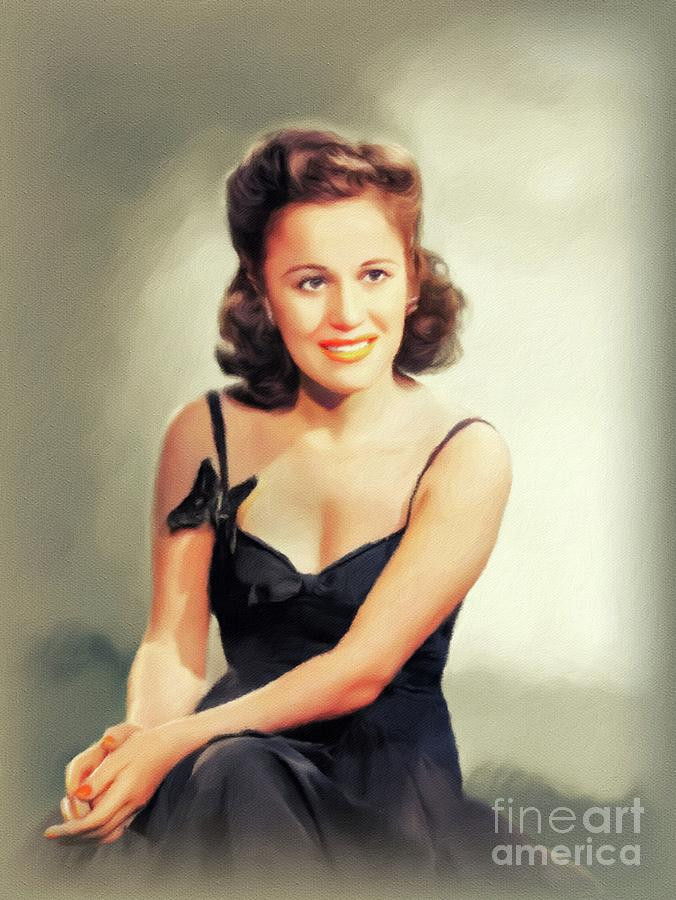
 Amanda S. Stevenson
Amanda S. Stevenson 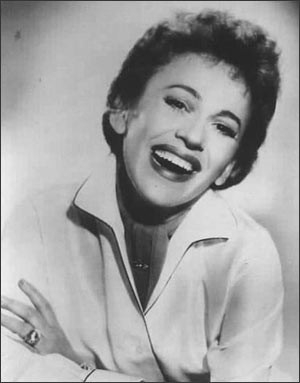
 Amanda S. Stevenson
Amanda S. Stevenson 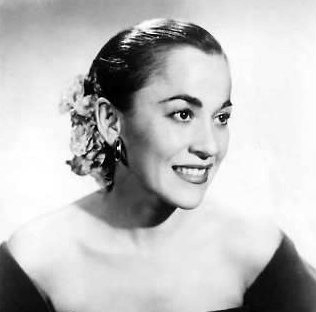
 Amanda S. Stevenson
Amanda S. Stevenson 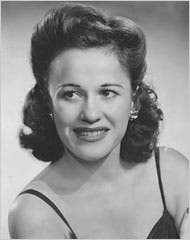
 Amanda S. Stevenson
Amanda S. Stevenson 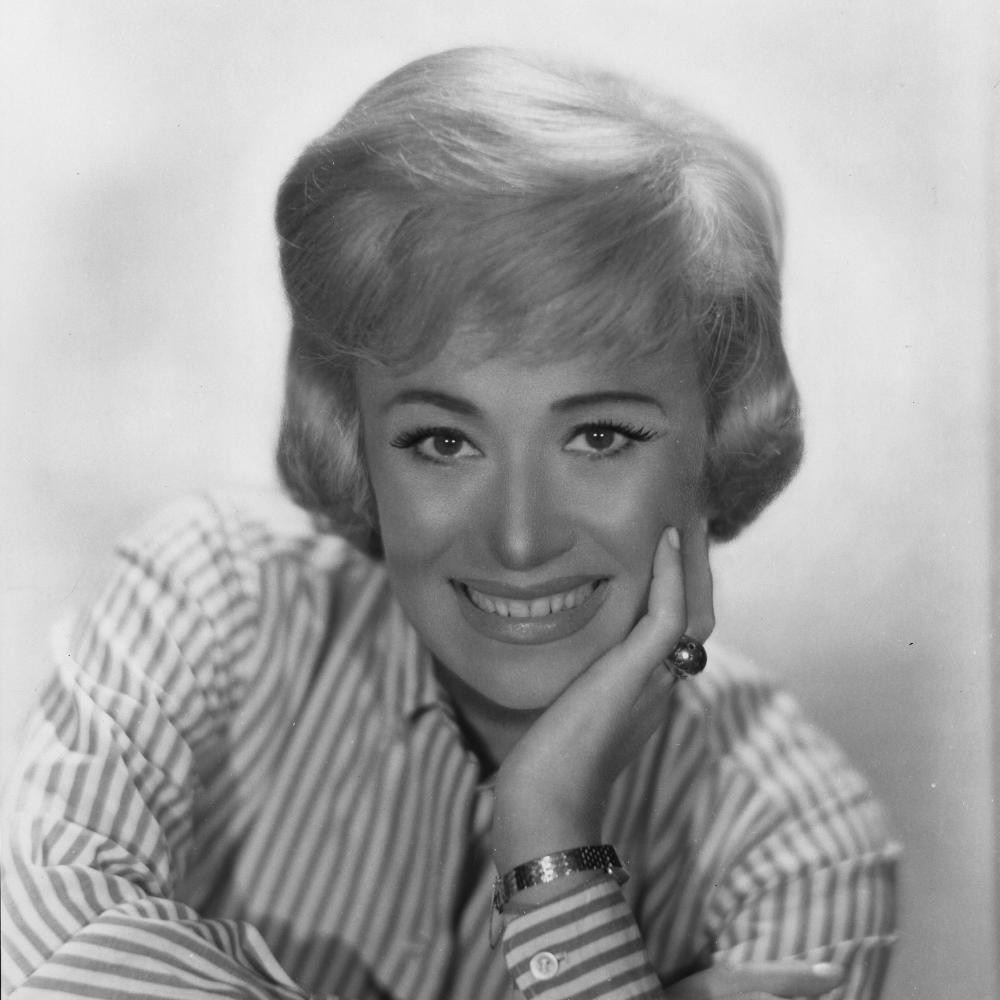
 Amanda S. Stevenson
Amanda S. Stevenson  Amanda S. Stevenson
Amanda S. Stevenson 